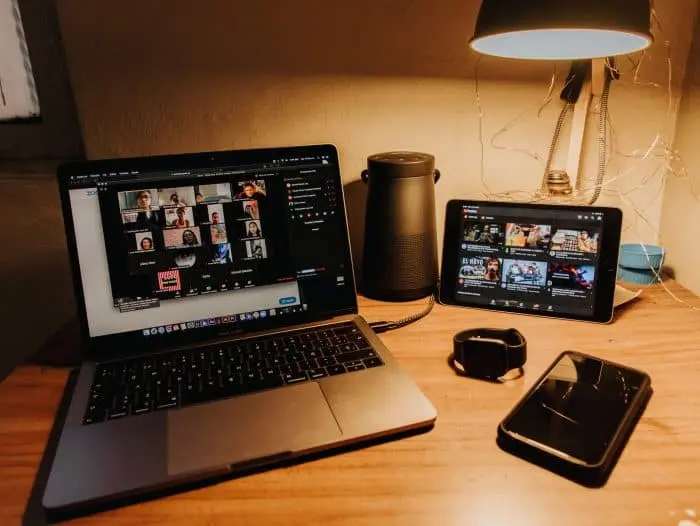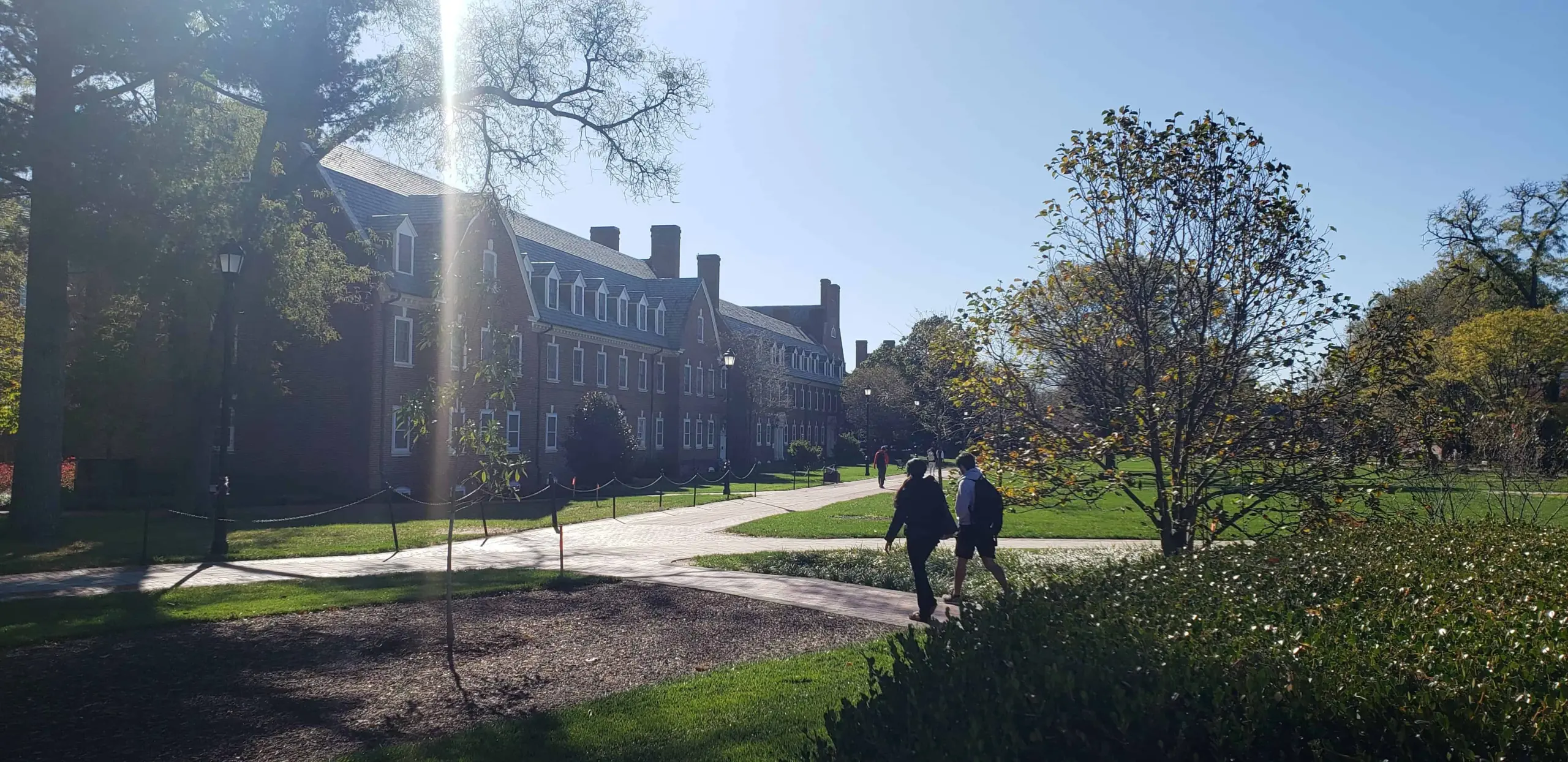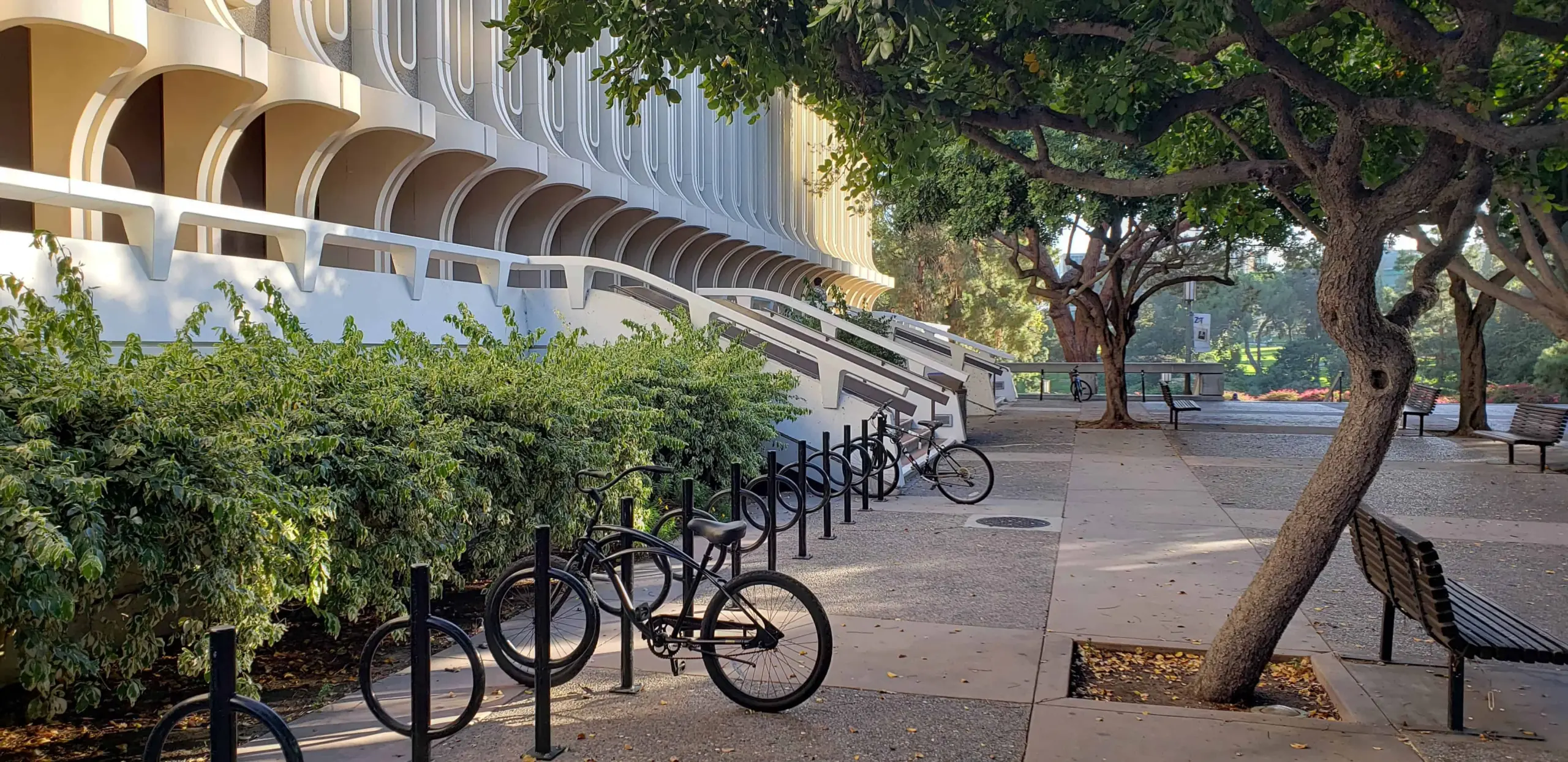This Q&A is part of Local Heroes: Journalists Covering COVID-19, PEN America’s series spotlighting local journalists across the country in celebration of World Press Freedom Day 2020, elevating the importance of a free, vibrant, and inclusive press.
Name: Connor Sheets
Outlet: AL.com and The Birmingham News
City: Birmingham, AL

What personal risks have you or your colleagues faced while covering COVID-19?
We are taking all necessary precautions to minimize our risk of exposure, but even in this time of Zoom chats and smartphones, reporters, photographers, and videographers still sometimes have to go out into the world and do on-the ground reporting. That means that we sometimes enter situations where people are not respecting the strict social distancing protocols my colleagues and I are following. That increases our exposure to the virus. We also have to sometimes enter buildings or other spaces that are not fully sanitized during the course of our reporting, which also carries risks. These are just the most common risks that we face, and they pale in comparison to those faced by heroes like frontline medical professionals and first responders, but they are meaningful ones to consider in a time of global pandemic, and they are unique to the job of reporting the news.
“Without local journalism, I honestly don’t know where people would turn for information about what’s going on in their communities. And turn to us they certainly are, as evidenced by traffic numbers at publications across the nation. We only ask that people please try to subscribe or otherwise support local journalists, as the alternative is more news outlet closures and less information and accountability.”
What do you consider to be the biggest threats to a free and vibrant press in the midst of this crisis?
One big concern is that many agencies, local governments, law enforcement agencies, and other public entities are failing to respond to records requests, denying them on dubious grounds, or delaying response for extended periods of time, and blaming it all on the coronavirus. There is perhaps no more important time for the press (and the public) to have access to public information, and when that is hindered in ways that are either just inconvenient, or potentially even against the letter of federal or state record laws, that is a major threat to journalists’ ability to do their job effectively and inform the public.
Also, many governmental agencies, hospitals, companies, academic institutions, and other potential sources of vital information are tightening restrictions on their employees regarding communicating with the media. These policies are an attempt by these entities to control the narrative and ensure they don’t look bad—but they also have the impact of limiting access to information in a way that can obscure the reality of what all is going on.
In what ways has local news played a vital role in response to the COVID-19 crisis?
I think local news organizations have stepped up in a major way during this crisis, despite unprecedented uncertainty about how to keep their lights on and the ink flowing. Local news outlets have kept their readers informed in ways that larger publications can’t by following every step of states’ and localities’ response to COVID-19, telling the stories of people in communities in every corner of the country, and disseminating important information about how to stay safe. Plus, local reporters have pushed their local governments and officials to be transparent and provide the public with information they otherwise likely wouldn’t make available, either via records requests, data analysis, or sustained, bright sunlight. Without local journalism, I honestly don’t know where people would turn for information about what’s going on in their communities. And turn to us they certainly are, as evidenced by traffic numbers at publications across the nation. We only ask that people please try to subscribe or otherwise support local journalists, as the alternative is more news outlet closures and less information and accountability.
“One big concern is that many agencies, local governments, law enforcement agencies and other public entities are failing to respond to records requests, denying them on dubious grounds, or delaying response for extended periods of time, and blaming it all on the coronavirus.”
What books, poems, podcasts, or other creative media have you been turning to for comfort or inspiration?
For me, doing creative things has been more beneficial than consuming media. I have tried to spend at least an hour every evening teaching myself piano, which has been a really relaxing, distracting, and productive experience. I have also been trying to paint more, which has been a somewhat less successful pursuit, but is still very cathartic, low-stress, and purely creative. And cooking is always a balm for my frazzled nerves, so I’ve been spending a ton of time in the kitchen, making everything from borscht and salads, to homemade tortillas and poached eggs (which I’m trying my best to perfect during the self-quarantine). But I do also read way too much news. And like most everyone, I suspect, I have been watching more TV and movies then I probably should, none of it particularly comforting or inspiring. Case in point: I finally watched Midsommar. Wild.
About Connor Sheets
Connor Sheets is an investigative reporter for Alabama Media Group. As a member of ProPublica’s 2019 Local Reporting Network, he spent the entire year investigating Alabama sheriffs. Since Sheets moved to Alabama in 2015, his reporting has had a major impact, from spurring state officials to clear the way for thousands of low-income felons to restore their voting rights, to driving state lawmakers to pass a law barring sheriffs from pocketing state jail food funds, and revealing severe prison understaffing that helped convince the state to boost staffing levels. Sheets and his work have been honored by many top national journalism contests.
His journalism has been published in many prominent outlets including ProPublica, The Guardian, Newsweek, The Washington Post, Salon, and Mother Jones. Sheets has completed journalism fellowships with institutions including the University of Missouri’s Donald W. Reynolds Journalism Institute, the John Jay College of Criminal Justice, Loyola Law School, the Hillman Foundation, and Georgia State University’s Institute for Justice Journalism. Sheets has since worked as a reporter for publications based in New York and Alabama, and has reported from four continents.











